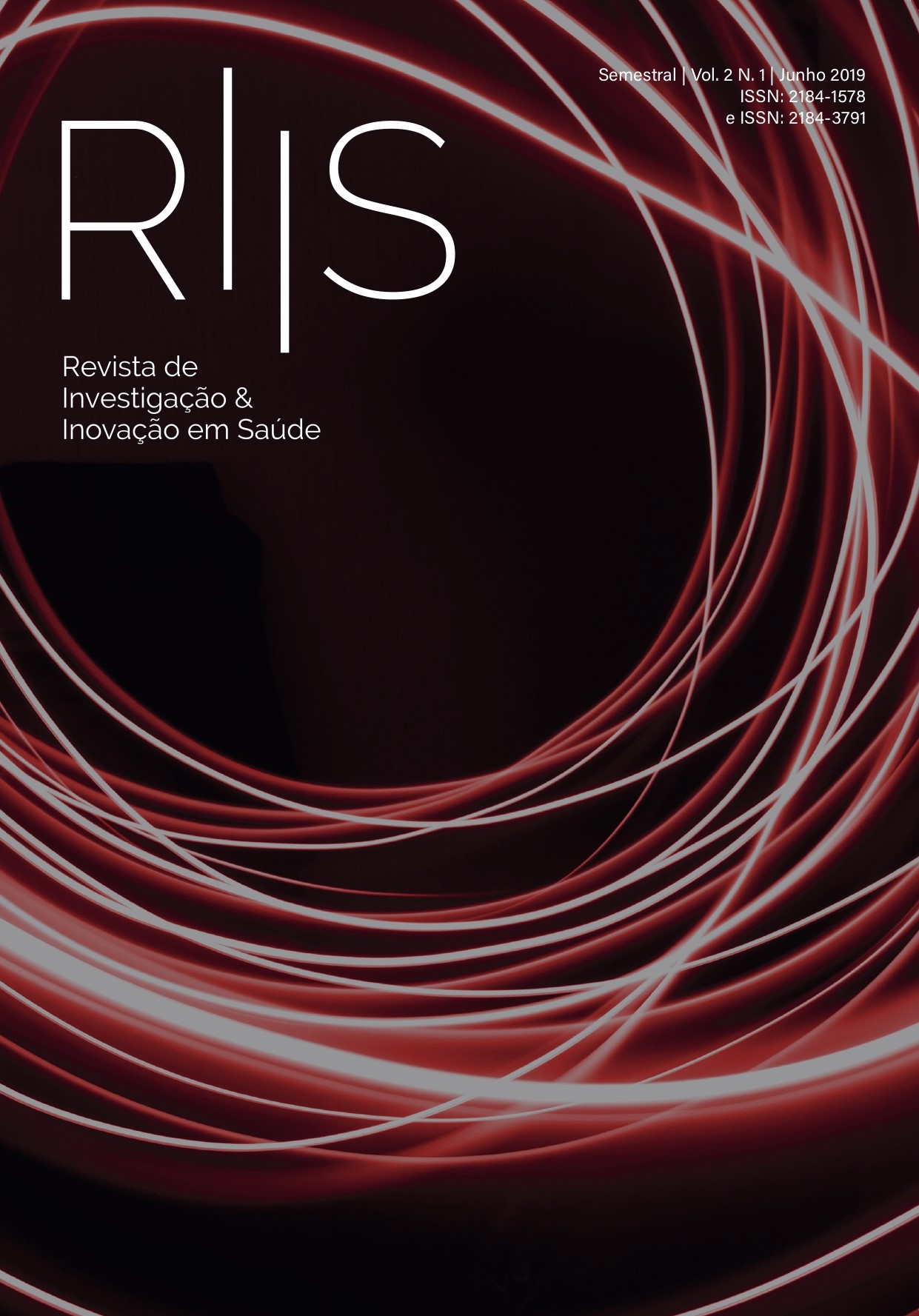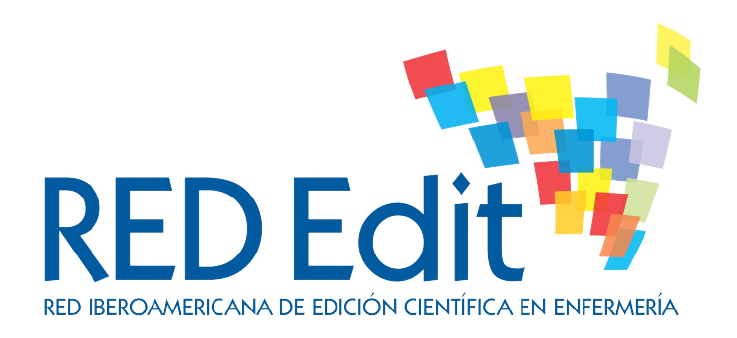Student and teacher perspectives on simulation practice debriefing
DOI:
https://doi.org/10.37914/riis.v2i1.46Keywords:
high fidelity simulation training; simulation exercise; simulation training; simulationAbstract
Background: simulation is a strategy that involves a hypothetical representation of clinical reality. The debriefing in simulated practice is a learning method that aims to reflect on what happened, including positive and negative aspects, with the formulation of alternatives to aspects that went less well. Objective: to understand the perspective of the students and teachers of bachelor's degree in nursing on the simulated practice using debriefing. Methodology: descriptive qualitative study guided by the theory of social representations. A questionnaire (googledocs) with a Word Free Association Test (TALP) and data analysis using Iramuteq were used as data collection tool. Results: the study included 52 students and 9 teachers of the bachelor's degree in nursing. From the descending hierarchical classification we obtained five classes: competence (30%), critical-reflective thinking (23%), learning (18%), evolution (18%) and attitude (11%). Conclusion: the debriefing in simulated practice represents for students and teachers of the bachelor's degree in nursing a moment of development of skills and critical-reflective thinking.
References
Barros, R., Monteiro, A. R., & Moreira, J. A. (2014). Aprender no ensino superior: relações com a predisposição dos estudantes para o envolvimento na aprendizagem ao longo da vida. Revista Brasileira Estudos Pedagogicos , pp. 544-566.
Camargo, B. V., & Justo, A. M. (2013). Iramuteq. Obtido de Iramuteq : http://www.iramuteq.org/documentation/fichiers/tutoriel-en-portugais
Conselho Internacional de Enfermeiros. (2016). Classificação Internacional para a prática de Enfermagem (CIPE) Versão 2015 (1ºedição). Lisboa: Ordem dos Enfermeiros.
Coutinho, V. D., Martins, J. A., & Pereira, M. d. (2014). Construção e Validação da Escala de Aaliação do Debriefing associado à simulação.
Franco, M. L. (2004). Representações Sociais, Ideologia e Desenvolvimento da Consciência. Cadernos de Pesquisas, 169-186.
Jeffries, P. R. (2014). Clinical Simulations in Nursing Education: Advanced Concepts, Trends and Opportunities.
Martins, J. C. (2017). Aprendizagem e Desenvolvimento em Contexto de Prática Simulada .
Moreira, F., & Ferreira, E. (2014). Teoria, prática e relação na formação inicial na enfermagem e na docência. Educação, Sociedade e Culturas, pp. 127-148.
Peixoto, N. M., & Peixoto, T. A. (2016). Prática reflexiva em estudantes de enfermagem em ensino clínico. Revista de Enfermagem Referência, pp. 121-132.
Pires, A. d., Silva, P. d., Silva, S. C., & Bueno, L. d. (2016). Ingressante do Curso de Engenharia Civil: o autoconhecimento para ensino - aprendizagem das disciplinas de matemáica e física. Ignis: Periódico Científico de Arquitetura e Urbanismo, Engenharias e Tecnologia da Informação, pp. 33 - 43.
Sackstein, S. (2017). Peer Feedback in the classroom: Empowering students to be the experts. USA: Library of Congress Cataloging.
Sousa, A. T., Formiga, N. S., Oliveira, S. H., Costa, M. M., & Soares, M. J. (2015). A utilização de teoria da aprendizagem significativa no ensino da enfermagem . Revsita Brasileira de Enfermagem REBEn, pp. 713-722.
Tavares, D. W., Brito, R. C., Córdula, A. C., Silva, J. T., & Neves, D. A. (2014). Protocolo Verbal e Teste de Associação Livre de Palavras: perspectivas de instrumentos de pesquisa introspectiva e projetiva na ciência da informação.
Teixeira, J., & Conceição, N. (Fevereiro de 2017). Integrar desenvolvimento pessoal com aprendizagens académicas e profissionais: Um estudo qualitativo através de uma unidade curricular no ensino superior. Ciências Aplicadas: Coletânea de Estudos, pp. 11-35.















